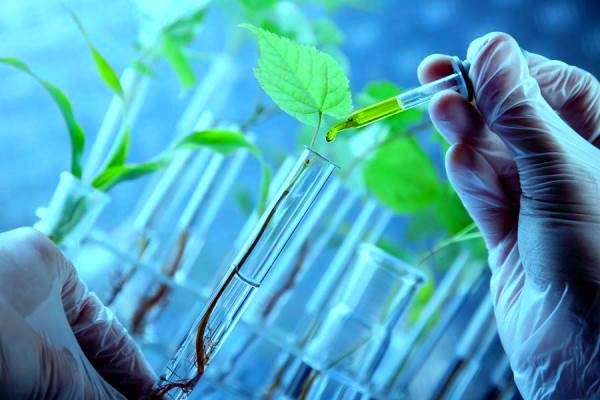
Current Research and Research Opportunities
The specialized research areas of this department are highly diverse and applied, and are classified as follows:
Plant Pathology:Mycology: Study of fungal diseases of plants, taxonomy and phylogeny of pathogenic fungi, especially Ascomycetes.
Bacteriology: Identification of plant growth-promoting endophytic bacteria, biological control of pathogenic bacteria, and investigation of disease-causing prokaryotes.
Virology: Population genetics analysis of viruses and viroids, investigation of plant resistance to viral diseases, and study of RNA silencing.
Agricultural Entomology:
- Insect Biosystematics: Classification and identification of insect species, particularly Coleoptera.
- Toxicology: Investigation of the effects of pesticides on insects and pest control through safe and sustainable methods.
- Insect Systematics: Study of the morphological and genetic characteristics of important species such as the honeybee and agricultural pests.
Investigation of the ethology and biology of mites, development of biological control methods, and mite-based integrated pest management.
Integrated Pest Management (IPM) and Biological Control:
Utilization of scientific methods to reduce the use of chemical pesticides, improve biological control methods, and develop sustainable pest management strategies.
Biodiversity and Pest Ecology Studies:
Identification of pest species and investigation of their biodiversity in agricultural and natural ecosystems.
Molecular and Genetic Studies:
Investigation of the genetic diversity of pests, diseases, and the biological agents effective in their control, using modern genetic and bioinformatic methods.
Applied Research in Plant Physiology and Plant-Pest Interactions:
Study of the interactions between plants and pests, including physiological effects and plant immune responses. Students at all graduate levels are engaged in laboratory, field, and analytical research through projects related to these areas, under the guidance of faculty members. This leads to the advancement of knowledge and the development of new technologies in the field of plant protection.















